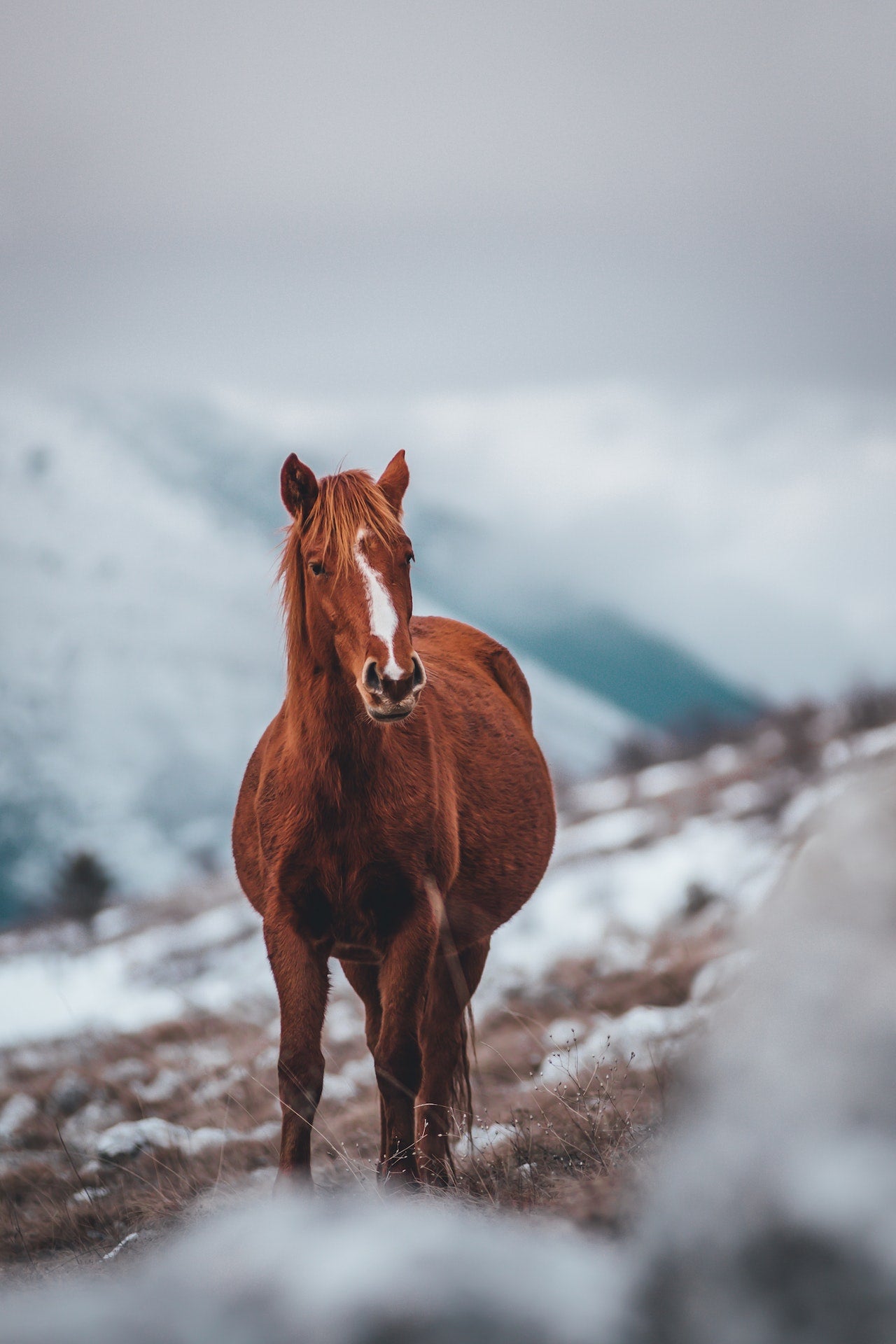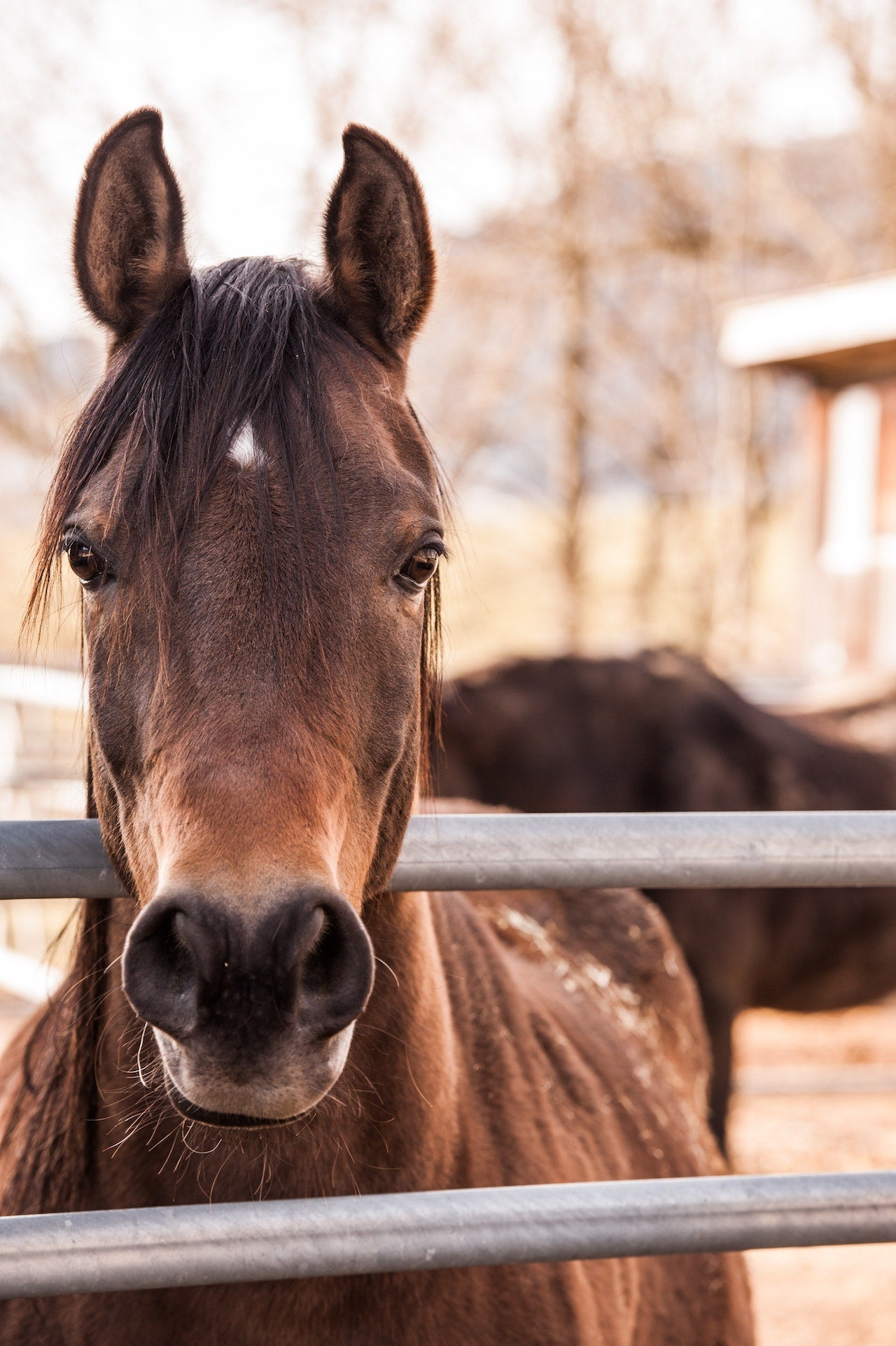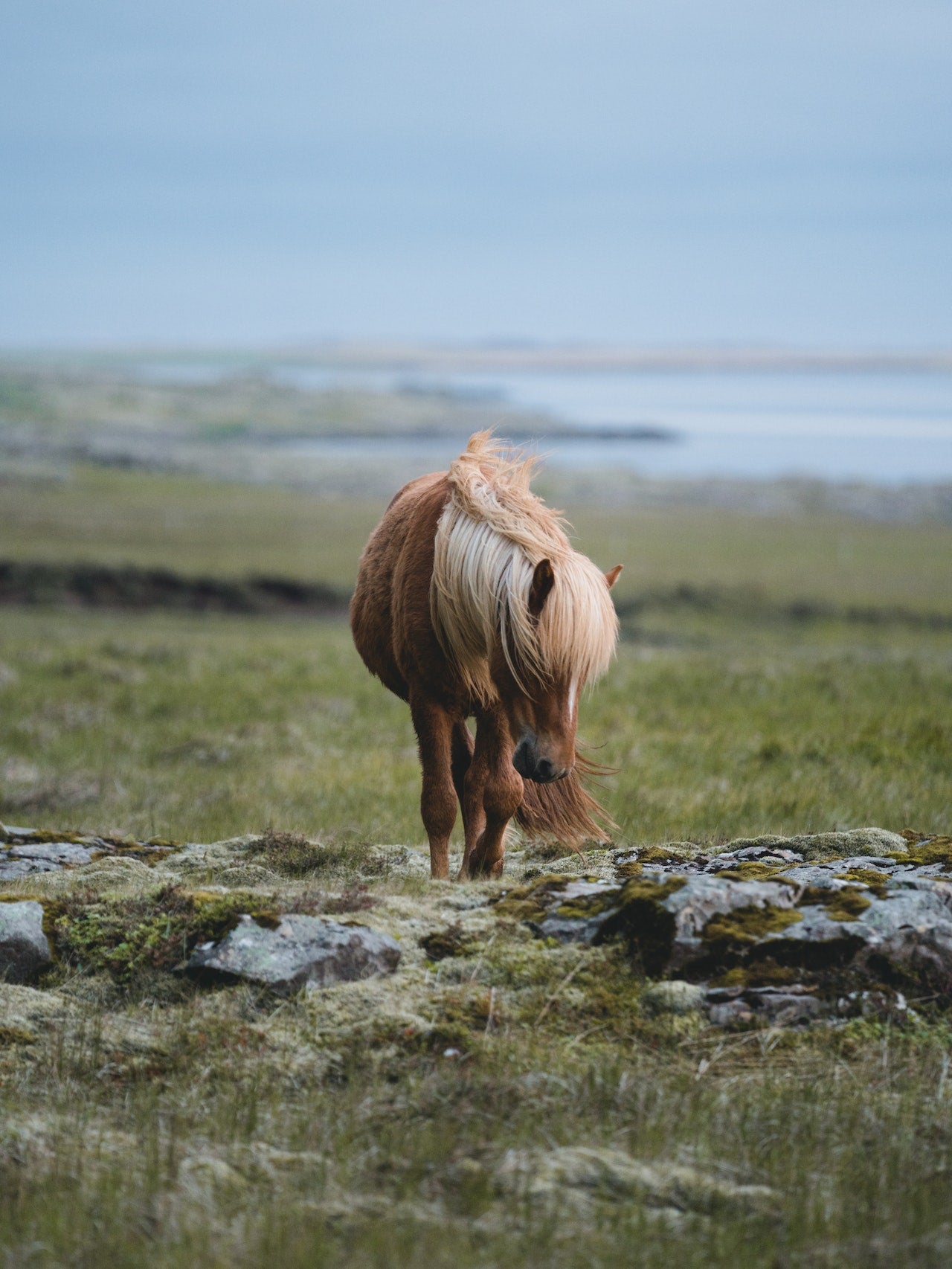
Feeding Nectarine to Horses: A Guide to Healthier and Happier Horses.
Horses are unique and magnificent creatures that require proper care and nutrition to stay healthy. Although horses tend to be herbivores, their digestive systems are not designed to manage significant quantities of fruit.
One of the most popular fruits that are safe for horses to consume in moderation is nectarine. If a horse ingests a small amount of nectarine, it is unlikely to cause any harm. However, feeding a large number of nectarines to horses is not a good practice, as it can lead to digestive upset and other health issues. Nectarines are a nutritious and delicious treat that can provide many essential nutrients if fed in moderation.
In this article, we will discuss the benefits of feeding nectarines to horses, types of nectarines that are safe for horses to consume, how to safely feed them to horses, potential risks of feeding too many nectarines to horses, ways to incorporate nectarines into a horse’s diet, tips for selecting the right nectarines for horses, and common questions about nectarines and horses.
Can Horses Eat Nectarines?
Yes, horses can eat nectarines in moderation. Nectarines are a good source of vitamins A and C, iron, and potassium, which are beneficial for overall health. They also have a high fibre content. Horses should not consume large amounts of nectarines, as too much can cause digestive issues. If you do choose to feed your horse nectarines, it is best to give them in small amounts as a treat.

Nectarines
Nectarines are a type of fruit that are closely related to peaches. They are believed to have originated in China over 2,000 years ago and were first introduced to North America in the late 18th century.
Nectarines have smooth, firm skin that is usually a bright orange-red colour with a yellow or white background. The flesh inside is sweet and juicy, with a rich, aromatic flavour. Nectarines are generally eaten fresh, but can also be used in a variety of recipes, such as pies, cobblers, jams, and preserves.
Nectarines are a good source of vitamins such as A and C, as well as minerals like iron and potassium. They are also rich in dietary fibre and antioxidants, making them a nutritious addition to a horse’s diet. In addition, nectarines contain low levels of carbohydrates and calories, making them a great low-calorie treat for horses.
Nutritional Benefits of Nectarines for Horses
A good source of vitamins A and C
Nectarines are a great source of vitamins A and C, which are essential for a horse’s overall health. Vitamin A helps to maintain good vision, healthy skin and a strong immune system, while vitamin C provides antioxidant benefits and helps with collagen production.
They contain essential minerals
Nectarines are an excellent source of essential minerals such as iron, calcium, and potassium, which are necessary for the overall health of horses. Iron is important for the production of haemoglobin and other proteins involved in immune and metabolic processes. Calcium is important for strong bones, muscle contractions, and nerve transmission. Potassium helps regulate blood pressure and assists with waste removal in the kidneys. All of these minerals are essential for a horse’s well-being, so feeding a horse with nectarines can provide them with these vital nutrients.
They provide a good source of fibre
Nectarines are a great source of dietary fibre, which is important for gastrointestinal health. Fibre helps to regulate digestion, prevent constipation, and maintain a healthy balance of bacteria in the gut. Fibre also helps to keep horses feeling fuller for longer, which can encourage better feeding behaviour. Additionally, fibre helps to promote optimal nutrient absorption, so your horse will get the most out of their meals.
How to Safely Feed Nectarines to Horses
When feeding your horse nectarines, it is important to do so in moderation. Limit the number of nectarines you feed them and make sure to mix in other healthy treats to provide a balanced diet. Be sure to remove any pits or seeds before feeding, as these can create a choking hazard. Additionally, try to avoid feeding them nectarines that have high sugar content, as these can lead to health issues. Lastly, remember to always provide your horse with plenty of fresh water after consuming nectarines.

Risks of Feeding Nectarines to Horses
The potential risks of feeding too many nectarines to horses include:
- Gastric upset – if too many nectarines are consumed, it can lead to digestive system upsets such as diarrhoea and colic.
- Laminitis - an overload of sugar in the diet can lead to the development of laminitis.
- Weight gain – due to their high sugar content, nectarines can lead to weight gain.
- Tooth decay – too much sugar can lead to tooth decay, particularly if the horse is not brushing regularly.
- Nutritional imbalances – if nectarines are not fed in moderation, the horse’s diet may become unbalanced and
Ways to Incorporate Nectarines into Horses’ Diet
Nectarines can be incorporated into a horse’s diet in a variety of ways. One way is to feed them as a treat or reward. Another option is to mix nectarines into the horse’s feed. You can also add mashed or pureed nectarines to a hay mash for horses who are picky eaters. Additionally, adding nectarines to water troughs or buckets is another way to provide horses with a healthy and tasty snack.
Tips for Selecting the Right Nectarine for Horses
Selecting the right nectarines for horses is important to get the most benefits from them. Here are some helpful tips:
- Choose nectarines that are firm and ripe, with no signs of bruising or decay.
- Opt for organic nectarines, when possible, as they are more nutritious and have fewer pesticide residues.
- Avoid any nectarines with pits or seeds, as these can pose a choking hazard.
- Wash the nectarines thoroughly before feeding them to your horse.
- Cut the nectarines into small chunks so that your horse can easily chew and digest them.
- Ensure that you are providing a balanced and varied diet to your horse, consider supplementing the nectarines with other types of fruits, vegetables, and grains.
Final Words
Nectarines can be a healthy and delicious addition to a horse’s diet. They are a great source of vitamins, minerals, and fibre that can benefit a horse’s overall health. However, it is important to feed them in moderation and to make sure that the nectarines are fresh and free of pits and seeds. Additionally, supplementing with other types of fruits, vegetables, and grains can help to ensure a balanced and varied diet for your horse.



